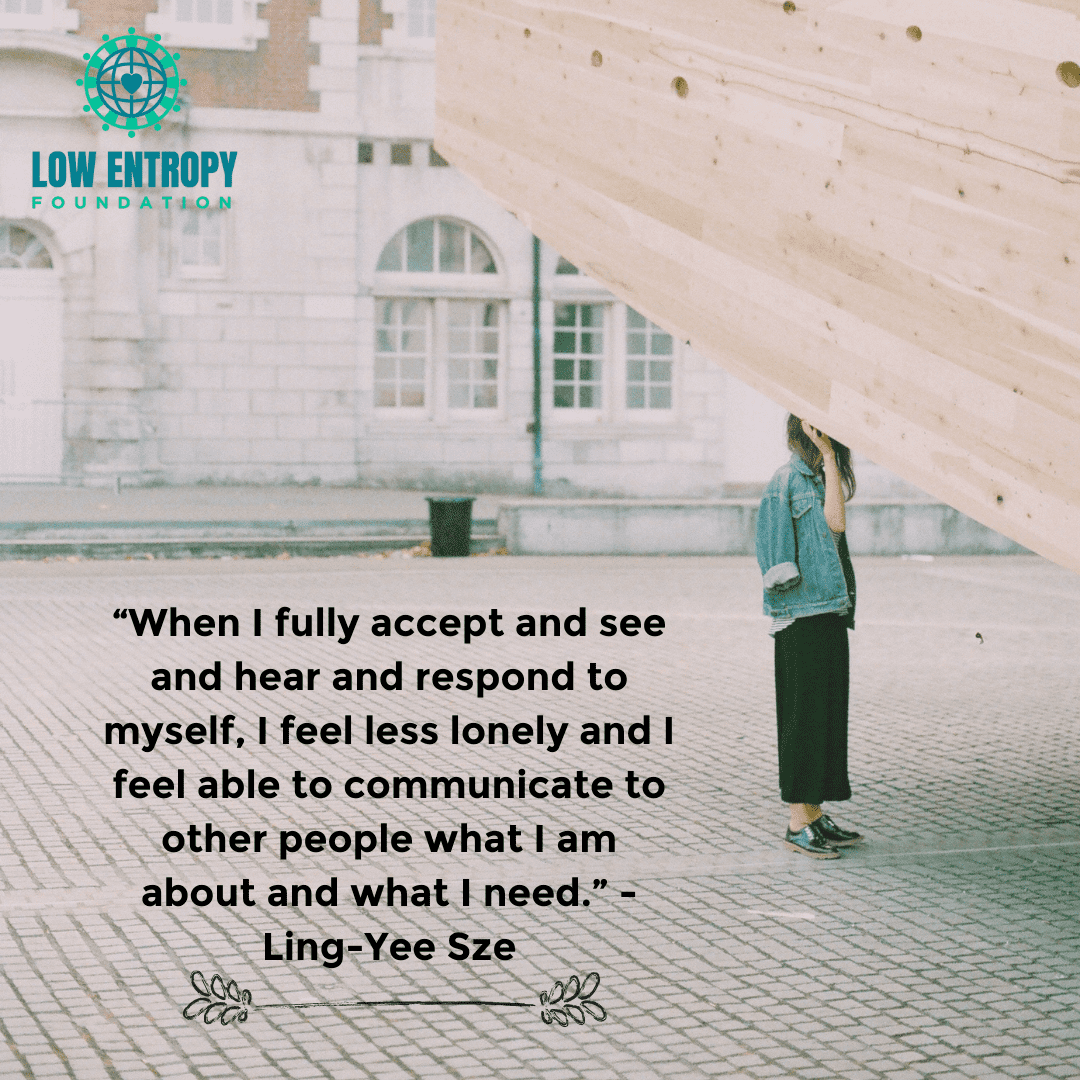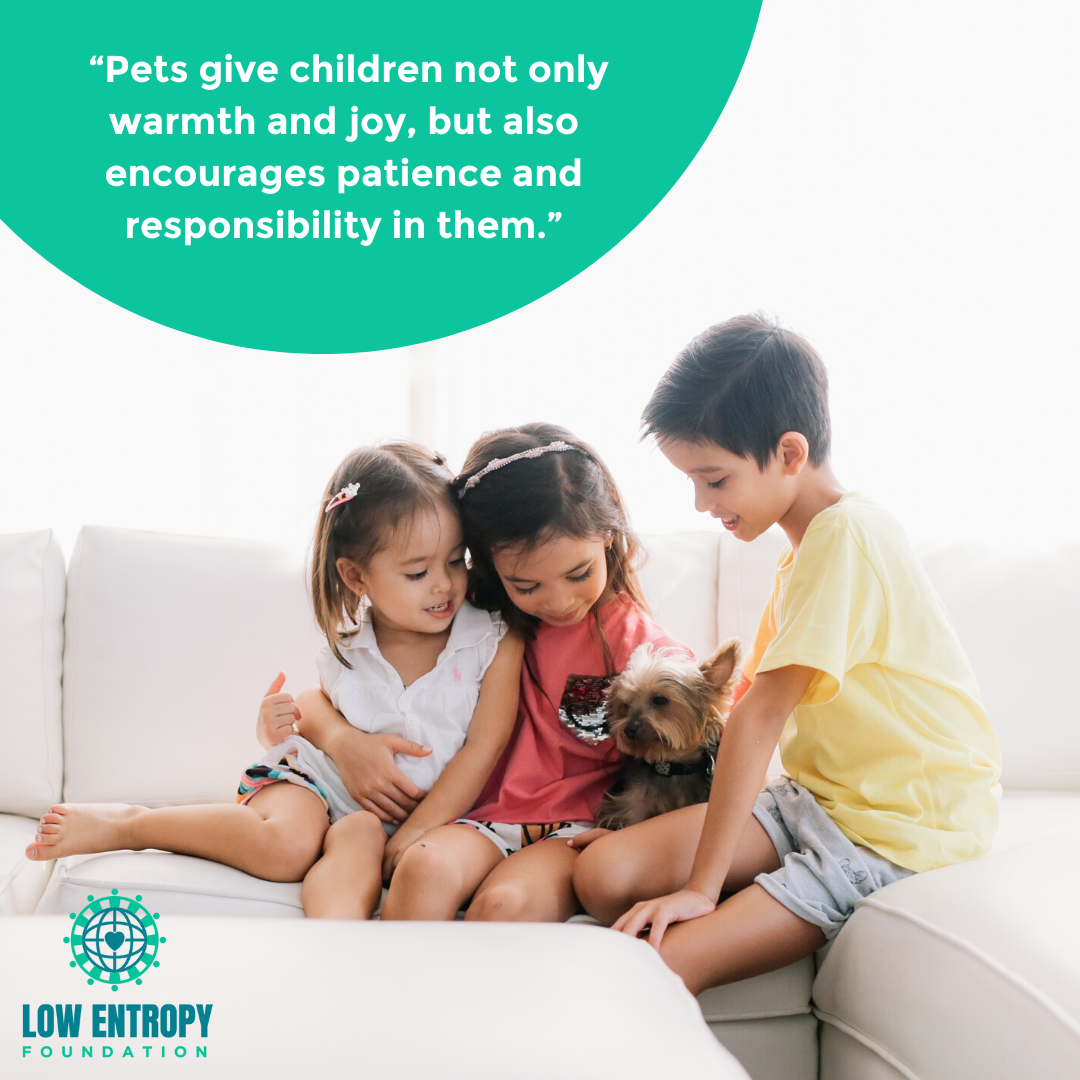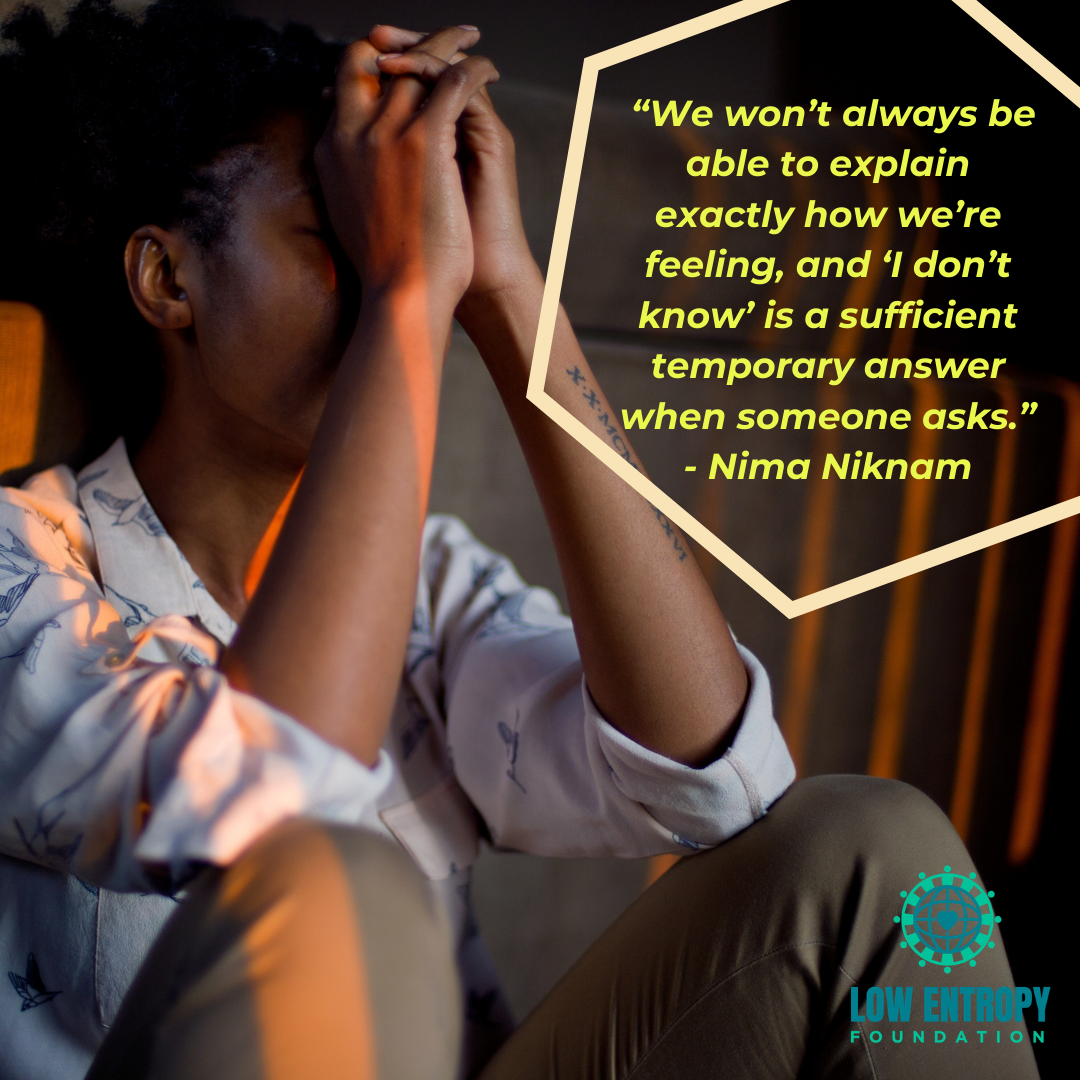Wounded Child
October 6, 2021

Ling-Yee Sze, Low Entropy Volunteer Writer
I personally think that I am quite experienced in feeling lonely. The feeling of loneliness was most pervasive in my teenage or adolescent years.
I have always enjoyed alone time. A lot of activities that I enjoy – drawing, reading, playing music, etc . . . are usually conducted independently.
When I was a kid, I lived with my grandparents in a small village in a southern province in China. They were quite permissive and busy with physical work. I had great fun playing by myself alone. I did not feel lonely at all; my parents’ love for me was always in the back of my mind. One of my most vivid memories from those years was sitting in the middle of a motorbike, between my grandpa at the front and my grandma at the back.
Then many incidents that I would now define as traumas happened after I went to Hong Kong at the age of five that created some negative emotional imprints on me. As a sensitive child, I developed a lot of negative beliefs and coping mechanisms in interacting with people, which resulted in me feeling lonely in or after social interactions.
A big wound I have is in my social ability. When I first met my mum at five years old, she perceived me as self-centred and lacking discipline. I do not remember what I did, but one night she beat me and dragged me to the garbage room. That is by far the biggest trauma I have around being rejected and unlovable.
Later, my belief of not being social enough or unlovable was reinforced when some teachers indicated that I should spend less time being an observer in group activities. On Parent’s Day, my teacher asked if I was an only child because I didn’t participate in as many peer groups as she thought I should.
I carried this wound of feeling socially inadequate into interacting with others. In order to manipulate people into liking me more and appear to be more engaged in groups, I tried very hard to people-please and read others’ minds, and did not dare to push any boundaries. I used this mode to interact with my peers and teachers in my primary school years, then every day after returning home I felt alive and able to be myself again, and not wear the mask of a temperless good girl. I enjoyed a very intimate, sharing, vulnerable relationship with my grandma.
The real challenge for me came after my grandma passed away when I was 14. Suddenly my world collapsed, and I felt the intense belief that no one really respected, accepted, loved and made me feel significant other than my grandma. Coupled with some other wounds, such as believing that I was weird, unorganized and timid, or that only outgoing girls were deserving of love, or that my sexual desires made me unlovable, my adolescent years following her death were very rough emotionally.
I sought validation and love in indirect ways – I tried to be perfect in every drawing I made so that my peers and teachers would praise me, I tried watching 10 hours of Korean TV series nonstop to immerse myself in the world of the main female characters and feel undivided and loyal love from the main
male characters. These ways to meet my needs for love and connection helped me to forget about the pain for some time, but they were not helping me at the root level.
It has only been in recent years, when I stepped into personal development and self-healing, that I began to see my loneliness in different and much more empowering ways. Love and connection is vital to every single person at every stage of life. A lot of my false beliefs about my lovableness stems from the emotional imprints created when I was small. They carried into my adulthood because my brain at the time of these traumatic events perceived interaction and being vulnerable as unsafe, as leading to rejection and shame. In order to better be prepared and protect myself from danger and future interactions, I developed coping or soothing strategies to meet my needs for connection while keeping myself safe.
However, when I believed people around me were dangerous and interactions were unsafe, I was not present in my interactions at all. I hid the majority of myself – my traits, my needs and my emotions. The longer the interactions were, the more exhausted and drained and lonely I would feel after. I would then go back home and numb myself by watching television or listening to songs – only when I was all alone would I feel safe to fully be myself. In those moments I felt so lonely and hopeless and trapped and empty.
Now I am working to reconnect with myself – my emotions, my needs and my boundaries – to see who I really am when there is no fear of being judged or shamed, shifting from critical self-talk to a more compassionate tone and replacing self-shaming with self-acceptance. When I fully accept and see and hear and respond to myself, I feel less lonely and I feel able to communicate to other people what I am about and what I need. Even if sometimes these interactions are not satisfying, I’ve started to trust that I can set boundaries and give love and connection to myself, especially my wounded child.
—
Hi, my name is Ling-Yee Sze and I am a personal development enthusiast who began a self-help journey four years ago. Along the way, I have met many inspiring people. I hope to share my personal stories and collected learnings with you!
GET INVOLVED
At Low Entropy, we believe changing the world starts with changing ourselves.
Founded in 2015, Low Entropy Facilitates conversations that encourage diversity and promote inclusivity.
We understand that life can be confusing at times. It can seem challenging and sometimes you may feel like no one really “gets you.” We offer an opportunity to connect with others who have the capacity to understand you.








